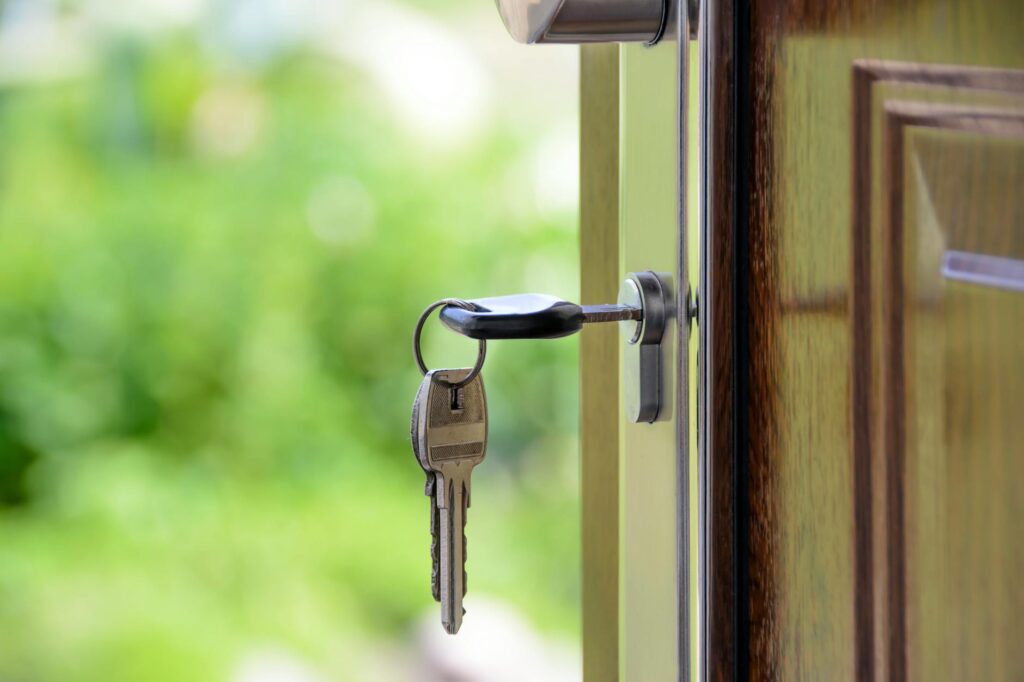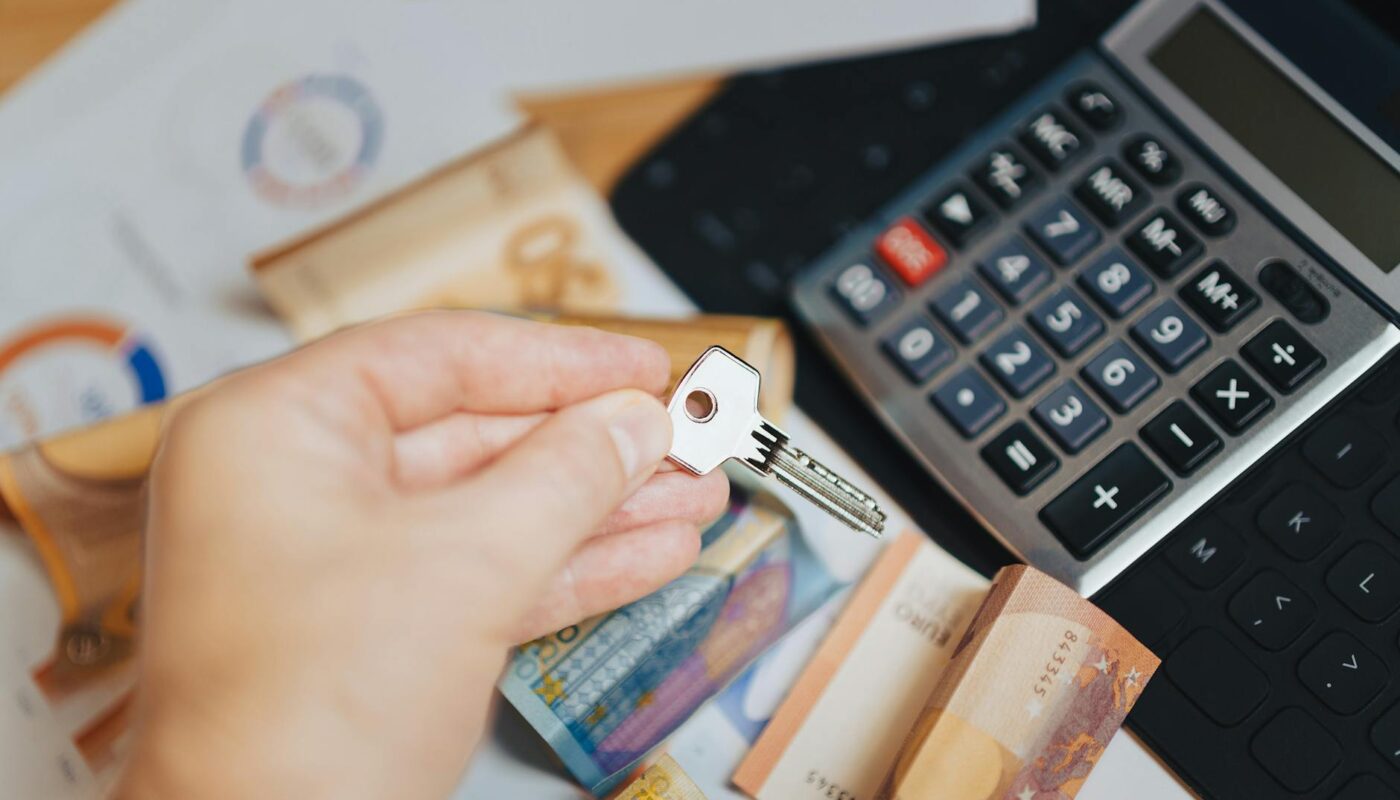Protecting your commercial property is paramount. A significant investment, your commercial building and its contents represent a substantial portion of your business assets. That’s why understanding commercial property insurance is crucial for mitigating risk and ensuring financial stability. This guide provides a comprehensive overview to help you navigate the complexities of this essential coverage.
What is Commercial Property Insurance?
Commercial property insurance is designed to protect business owners from financial losses resulting from damage to their buildings, structures, and the contents within. This includes physical damage caused by events such as fire, theft, vandalism, and natural disasters. The specific coverage can vary widely depending on your policy and chosen add-ons, but it generally aims to cover repair or replacement costs.
Types of Coverage
Several types of coverage fall under the commercial property insurance umbrella. Understanding these options is vital when choosing the right policy for your business. Common types include building coverage, business personal property coverage (covering equipment, inventory, and other contents), and loss of income coverage (covering business interruption after a covered event). You may also consider adding endorsements for specific risks, such as flood or earthquake damage. A qualified insurance professional can assist you in selecting appropriate coverage, considering factors like the nature of your business and location. 
Factors Affecting Premiums
Several factors influence your commercial property insurance premiums. Your location, the age and condition of your building, the type of business you operate, and your claimed history all play a role. A well-maintained property in a low-risk area is likely to attract lower premiums. Implementing preventative security measures, such as installing security systems, can also positively influence your rates. Regular inspections and maintenance are recommended, not only for your own safety but also to maintain a lower insurance profile. Consider consulting with a risk management expert to assess your overall risk exposure.
The Claims Process
Filing a claim can be stressful, but understanding the process can make it smoother. When a covered event occurs, document the damage with photos and videos. Contact your insurance provider immediately to report the claim and follow their instructions carefully. Keep accurate records of all communication and expenses incurred. Ensuring you have the proper documentation readily available can significantly expedite the claims process. Familiarize yourself with your policy’s specific procedures and deadlines, which might be covered in your policy documents. 
Choosing the Right Policy
Selecting the right commercial property insurance policy requires careful consideration of your business’s specific needs and risks. Start by assessing the value of your building and contents. Compare quotes from multiple insurance providers to find the best coverage at a competitive price. Don’t hesitate to ask questions and clarify any unclear aspects of a policy. It’s essential to thoroughly understand what’s covered and what’s excluded before signing any contract. You can also use online comparison tools to simplify the process. Always remember that peace of mind is invaluable, and having adequate insurance coverage offers precisely that.
Conclusion
Securing the right commercial property insurance is a critical step in protecting your business investment. By understanding the various coverage options, factors influencing premiums, and the claims process, you can make informed decisions to safeguard your assets and ensure business continuity. Remember to regularly review your policy to ensure it continues to meet your evolving needs. You can learn more about business insurance best practices online.
Frequently Asked Questions
What types of events are typically covered under commercial property insurance? Commonly covered events include fire, theft, vandalism, windstorms, and certain types of water damage. However, specific coverage varies greatly depending on the policy and any added endorsements.
How do I determine the right amount of coverage? It’s recommended to conduct a thorough inventory of your building and its contents, including equipment, inventory, and other assets. It’s beneficial to work closely with your insurance agent to get an appropriate valuation and coverage amount.
What is business interruption insurance, and is it worth it? Business interruption insurance covers lost income and expenses if your business is temporarily unable to operate due to a covered event. Its value depends on your business model and how a disruption could impact your bottom line. This resource may help you better understand the benefits.
What should I do if I need to file a claim? Report the incident promptly to your insurer, gather all necessary documentation (photos, videos, receipts), and follow your insurer’s claims procedures carefully.
Can I customize my policy to fit my specific needs? Yes, many insurers allow for policy customization through endorsements that can add or modify coverage for specific risks relevant to your business.



